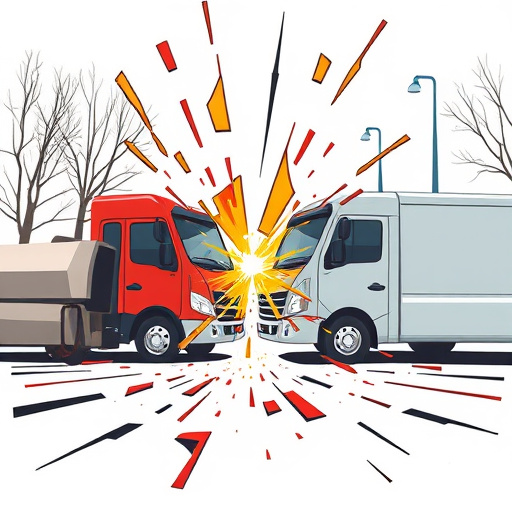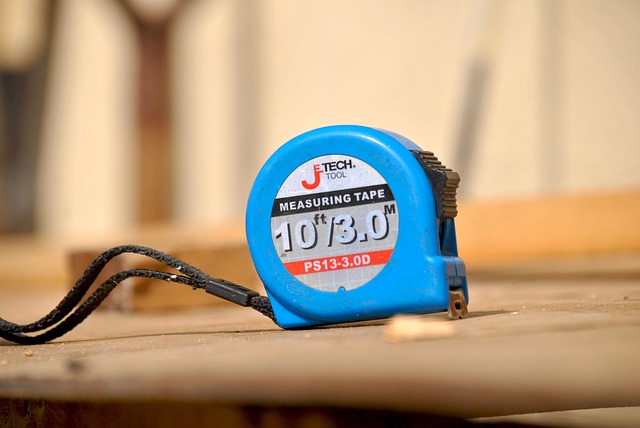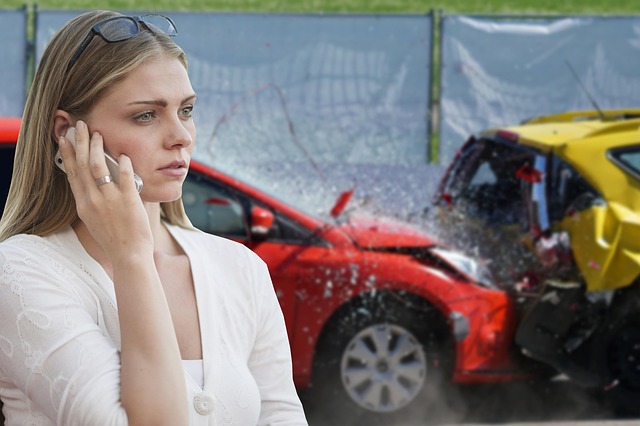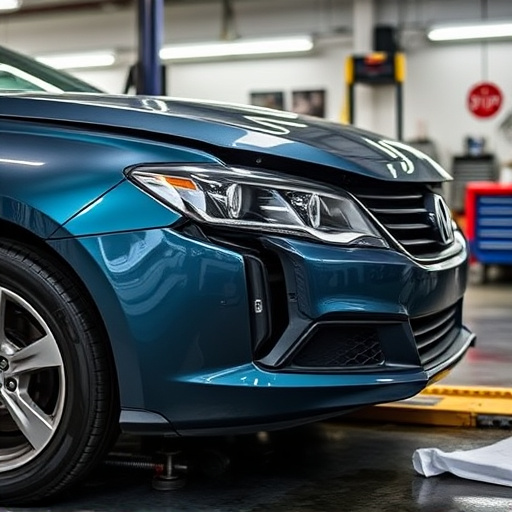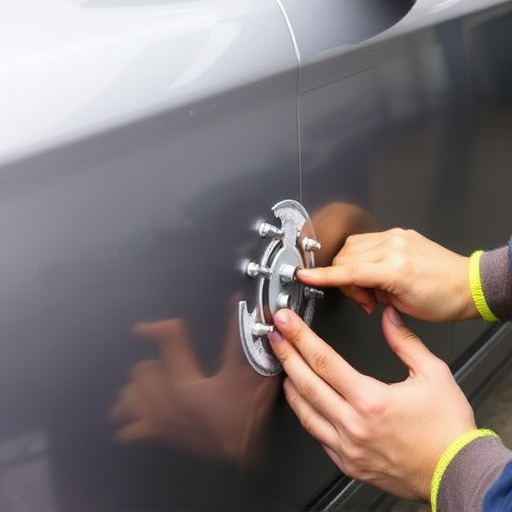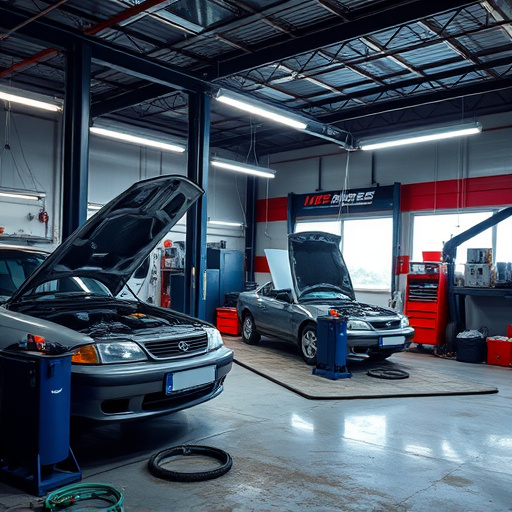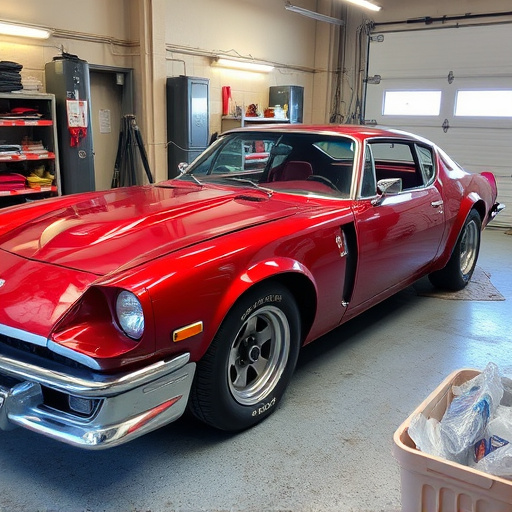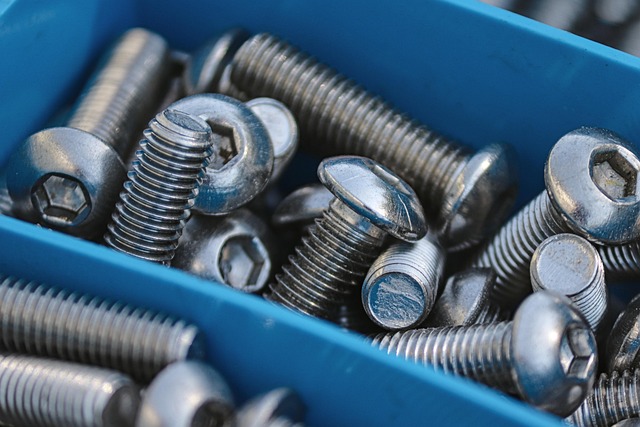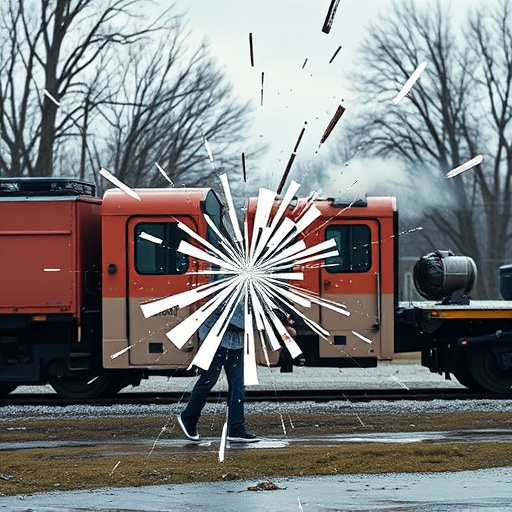Technicians working with auto glass safety standards must stay current on industry regulations and best practices to protect themselves and customers. Proper training equips them with skills for meticulous restoration tasks, including using PPE, appropriate tools, and specific procedures. Continuous education is vital for technicians to stay updated with the latest auto glass safety standards and best practices, enhancing vehicle restoration and customer satisfaction.
In the realm of automotive maintenance, ensuring auto glass safety is paramount. This article explores the critical importance of technician training in upholding stringent auto glass safety standards. We delve into how specialized education plays a pivotal role in preventing accidents related to cracked or damaged windshields and side windows. Furthermore, it highlights the need for continuous industry professional development to stay abreast of evolving regulations and advanced installation techniques.
- Understanding Auto Glass Safety Standards
- Role of Training in Preventing Accidents
- Continuous Education for Industry Professionals
Understanding Auto Glass Safety Standards

Technicians working with auto glass safety standards must be well-versed in the latest industry regulations and best practices to ensure the utmost protection for both themselves and customers. These standards are designed to minimize risks associated with handling glass, including potential injuries from shattering or flying debris during installation or repair processes. Understanding these guidelines is paramount in maintaining a safe work environment and delivering high-quality services.
Auto glass safety involves not just installation but also aftercare maintenance like scratch repair and auto glass replacement. Proper training equips technicians with the skills to handle car restoration tasks meticulously, adhering to safety protocols every step of the way. This includes using appropriate personal protective equipment, selecting the right tools for the job, and following specific procedures to prevent accidents and ensure customer satisfaction.
Role of Training in Preventing Accidents

Technician training plays a pivotal role in ensuring auto glass safety standards are met, thereby significantly reducing the risk of accidents. Well-trained professionals are equipped to handle glass replacement and repair processes competently, adhering to industry best practices and regulations. This proficiency minimizes errors that could lead to harm or property damage during procedures such as windshield replacement, which often involves intricate tasks like calibrating sensors and ensuring proper sealant application.
Moreover, training exposes technicians to various scenarios, including those mimicking real-world collisions, enabling them to respond appropriately in emergency situations. This practical knowledge empowers them to identify potential hazards and implement preventive measures, such as correctly securing new glass panels or identifying signs of structural integrity issues that might indicate the need for more than a mere paintless dent repair, like in the case of Mercedes Benz repairs.
Continuous Education for Industry Professionals

In today’s dynamic automotive industry, continuous education is vital for technicians to stay updated with the latest auto glass safety standards and best practices. Regular training sessions and workshops play a crucial role in ensuring that professionals are equipped to handle complex repairs and replacements, thereby enhancing vehicle restoration and overall customer satisfaction. By participating in these programs, technicians gain a deeper understanding of emerging technologies and safety protocols, which are essential for maintaining high-quality work in auto repair shops.
This ongoing learning process is particularly important given the evolving nature of auto glass materials and installation methods. Newer technologies, such as advanced laminates and impact-resistant glasses, require specialized skills to install correctly. With continuous education, technicians can adapt quickly, ensuring they meet the highest safety standards for every job, whether it’s a simple car dent repair or a full-scale auto restoration project.
Technician training is paramount in ensuring adherence to auto glass safety standards and preventing accidents. Continuous education plays a vital role in keeping up with industry advancements and maintaining safe practices. By investing in comprehensive training programs, shops can foster a culture of safety, enhance employee skills, and ultimately provide superior customer service, making it a crucial step for any auto glass business.
